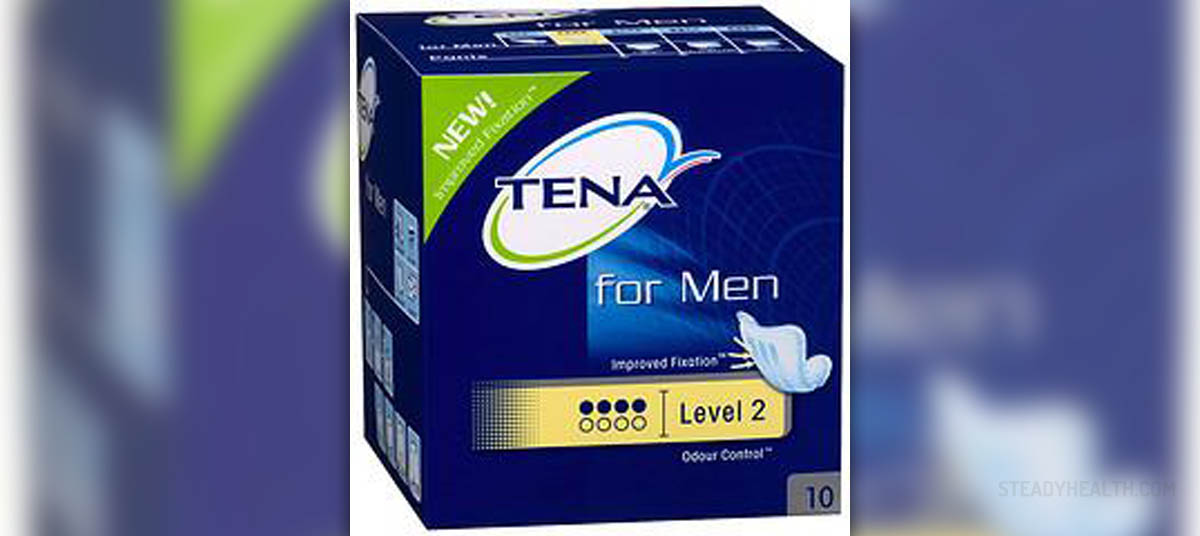
Urinary incontinence is one of the most unpleasant health problems a person can develop. It affects both genders and may progress slowly over time or develop rapidly. This medical issue is characterized by inability of one to hold urine or is prone to accidental release of urine. Being unable to control the basic functions of our body may make us depressed and anti-social. This is exactly what happens to people suffering from urinary incontinence. They are prone to isolation and are rather embarrassed avoiding contacts with other people. However, they should not be discouraged and feeling down because there are available treatment options for urinary incontinence these patients should explore and perhaps opt for some of these.
Urinary Incontinence is not a Disease
Urinary incontinence may not be defined as an actual disease. It is more a complication or a symptom of other medical conditions.
Urine is normally produced in the kidneys. It immediately leaves these organs through the ureters and enters the bladder, an organ that serves as a reservoir. From there it is passed through the urethra. Now, being a reservoir the bladder can store certain amount of urine without any trouble. The amount of urine stored basically varies from a person to person.
Once there is too much urine in the bladder, a person feels an urge to urinate which if he/she is healthy enough will perform without any problem, being able to stop urination at any time during the process. Such control is explained by proper functioning of the urethral sphincter, the one that helps closure and the opening of the bladder and subsequent release of urine. In people suffering from urinary incontinence this muscle does not function properly, it is weak and cannot withstand the pressure of the full bladder. As a result urine leaks spontaneously or as a consequence of mild exertion.
Types and Causes of Urinary Incontinence
There are many reasons why men may develop incontinence. Being familiar with them may be a good stimulus for men to pay close attention to all the potential triggers of such condition and prevent incontinence timely or at least postpone its occurrence. Basically, all cases of incontinence are classified as acute or chronic. While acute incontinence is easily dealt with and soon withdraws, chronic urinary incontinence is a long-term problem that requires special treatment and proper care.
When it comes to types of urinary incontinence in men, there are stress incontinence, urge incontinence, overflow incontinence and two more types total and functional incontinence.
In case of stress incontinence, any stress or pressure exerted on the bladder such as strain associated with certain activities (lifting objects, exercising etc.), coughing , sneezing and even laughing may allow urine to leak. In many cases stress incontinence affects men who have undergone prostatectomy. The prostate supports the lower part of the bladder and once the gland is removed, the sphincter is left alone to hold the urine in the bladder. The muscle may be too weak to perform its function which triggers the onset of incontinence.
Secondly, urge incontinence is the type characterized by urine leakage because a person feels a strong urge to urinate and simply cannot hold the urine until he/she reaches the toilet. These people may have problems even if there is small amount of urine inside their bladders. The condition is also known as overactive bladder explaining the reason why such urge for urination occurs. In these patients the muscles of the bladder contract extensively, making the sphincter muscle way too weak to oppose the pressure. The exact underlying cause of this type of urinary incontinence remains unknown.
Furthermore, overflow incontinence is a problem resulting from inadequate emptying of the bladder. Namely, the urine accumulates and once its amount reaches abnormal values it starts to leak. The problem is often associated with some kind of urethral obstruction (e.g. enlarged prostate).
Finally, there are total incontinence and functional incontinence. The former is associated with complete loss of function of the sphincter muscle and the latter is relatively rare problem, occurring when a person cannot make it on time to the toilet because not being able to walk on his/her own.
As far as underlying causes of urinary incontinence in men are concerned, there are many. Practically any disease or injury that leads to damage of the nerves in charge of bladder control may be blamed for this medical issue. Urinary incontinence is frequently reported in men suffering from diabetes, Parkinson's disease, multiple sclerosis and those who have had stoke. The damage may also affect the sphincter muscle directly which is seen in infiltrative tumors of the bladder or the urethra. Incontinence is also associated with prostate problems including benign prostatic hyperplasia and is a common side effect of radical prostatectomy or develops after external beam radiation of prostate cancer.
All in all, urinary incontinence in men is a serious problem that requires thorough evaluation and suitable treatment. Even though not all the cases are curable, many are treatable and can be brought under control to certain extent.


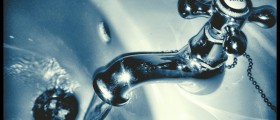
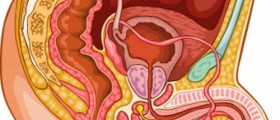

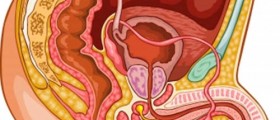









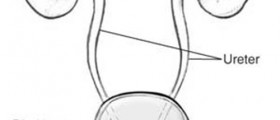
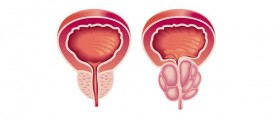
Your thoughts on this
Loading...